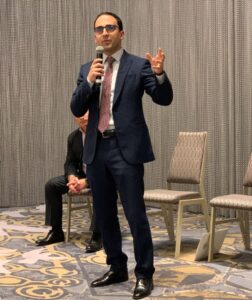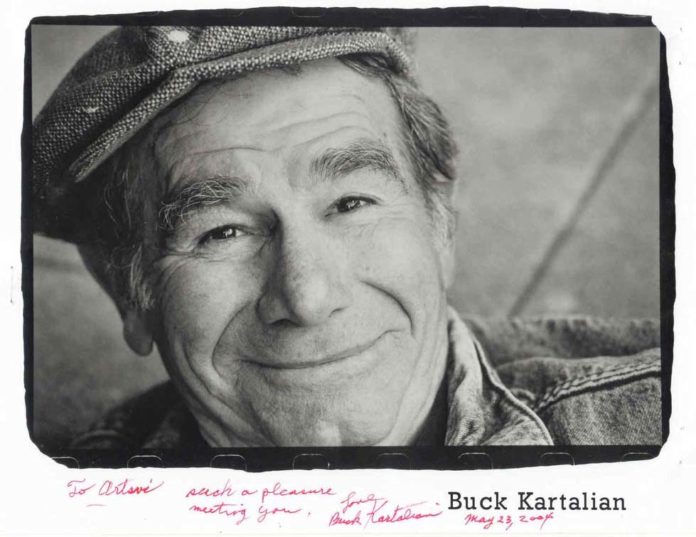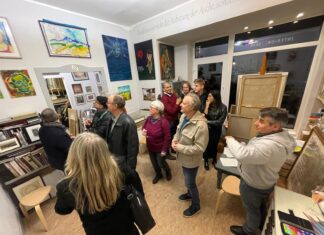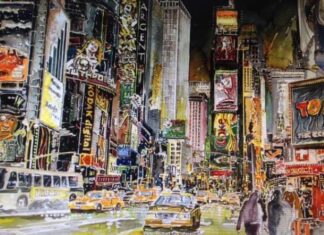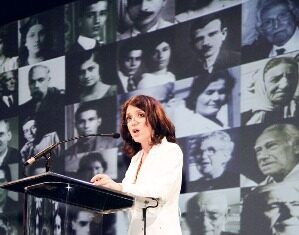By Artsvi Bakhchinyan
Special to the Mirror-Spectator
YEREVAN/MISSION HILLS, Calif. (2004–2019) – On May 25, 2004, I met American stage and film actor Buck Kartalian at the Ararat Eskijian Museum in Mission Hills, California. The actor came with his wife Margaret to attend my lecture on Armenian-Scandinavian historical relations, but before this I had conducted an interview with him for the Armenian press. I cherish fond memories about my meeting with that super-positive, dynamic, humorous man, as well as Mr. Buck’s photo with his autograph.
On May 24, 2016, Buck Kartalian passed away in a hospital in Mission Hills, at age 93. I published my interview with this veteran actor, who appeared in 77 films and TV series, in Armenian and Russian translation, but the original English text remained unpublished. On the occasion of the third anniversary of Buck Kartalian’s death, I would like to bring to light our conversation.
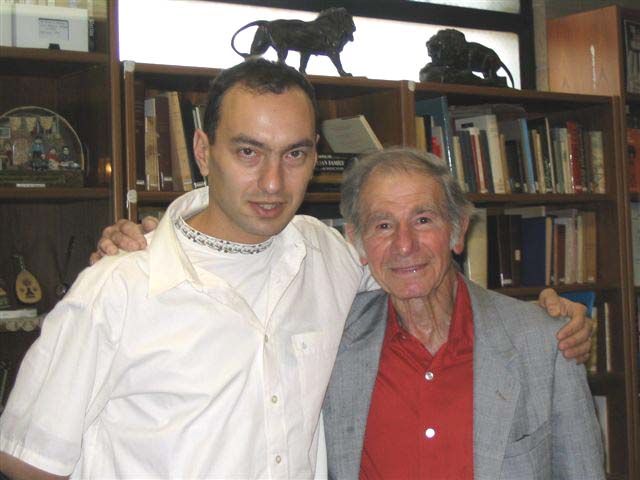
Today is the 25th of May. I am interviewing Mr. Buck Kartalian. So, barev, Mr. Kartalian.
Parev, parev!
